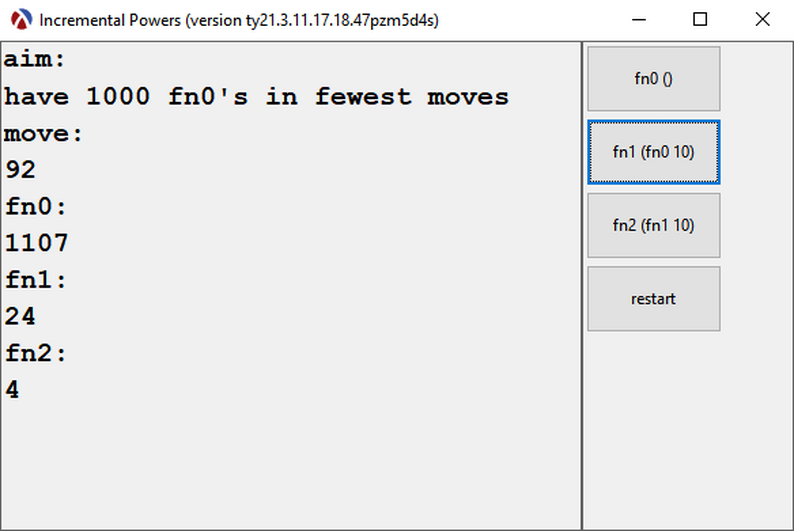<shapr> howdy leah2, do you also speak Swedish?
<shapr> Ah, for some reason I thought you were a member of the Recurse Center community.
<leah2> also not, but i know a bunch of people that are
<shapr> It's my favorite community, and I am a member of many communities.
<shapr> leah2: you could apply!
<leah2> yeah, maybe. let's wait for the pandemic to be over first...
<shapr> Right now Recurse Center is online only, so you wouldn't have to move to Brooklyn to attend.
<shapr> With the good and bad points of that.
<leah2> yeah i think currently i dont have time currently
<shapr> leah2: fair enough
<leah2> also being in brooklyn could be interesting actually
<shapr> I spent a solid three months, roughly fifteen hours of productive time every single day, and I produced something wonderful!
<shapr> and I'm the only user
<leah2> i started using zotero last week
<shapr> I'm tempted to switch to org-roam
<leah2> i mainly wanted something better than 4k unread firefox tabs XD
<shapr> I know that feeling.
<shapr> I wanted some way to annotate research papers without distributing the papers themselves.
<shapr> so I use the DOI as a primary key
<shapr> Although I haven't added paging to search results, so I'm having trouble finding good APL resources I really want to read
<leah2> zotero stores the annotations out of band too now
<shapr> my goal was to use github as a social network, FLM lets you load up the annotations of any user you follow on github
<shapr> So you can see what others are writing on the papers they're reading.
<shapr> yeah, it was a fun thing to build
<shapr> and it got me a job writing Haskell, so that's nice too
<shapr> I wonder how long it'll take me to get a job writing APL? :-D
<leah2> someone was offering K jobs recently iirc


